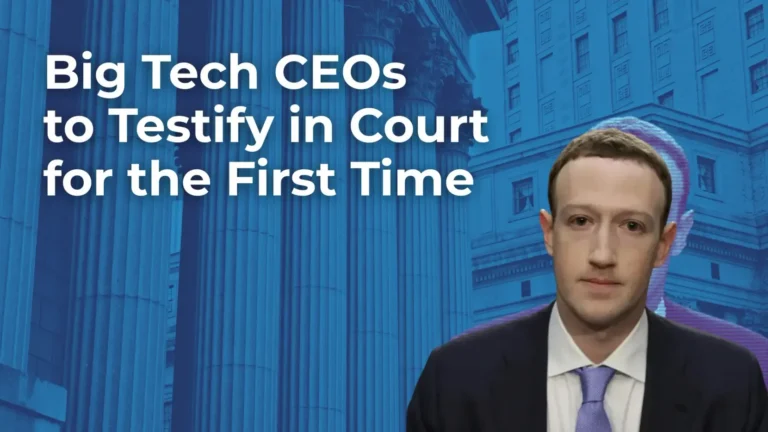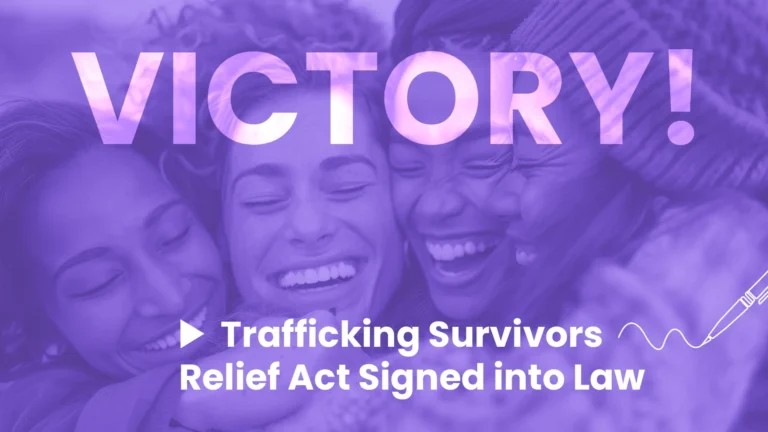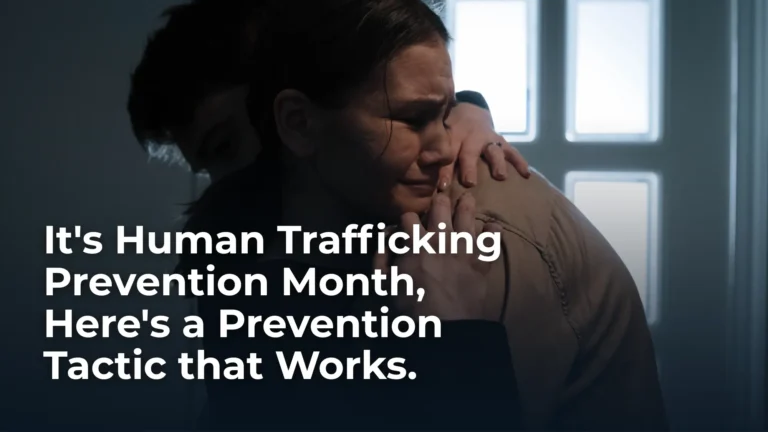A few months ago, I made the mistake of getting into a debate on social media.
I usually avoid such debates because they tend to be highly unproductive. But when I saw a post rallying people to sign actions opposing the Kids Online Safety Act, claiming the bill would censor the LGBTQ+ community—and when I saw how many people were panicking and signing, without investigating that claim—I felt compelled to try to correct the misinformation.
So, I commented on the post. I encouraged people to read the bill before signing. I explained that I’m highly sympathetic to concerns about LGBTQ+ oppression, but this is not what KOSA does. Many people asked thoughtful follow-up questions and eventually thanked me, saying their worries had been addressed.
But once the original poster came online, they deleted all my comments, called me a slur, and told everyone that I didn’t know what I was talking about and “literally ADMITTED she has NO experience on this issue and just heard of the bill now” (which I did not say, as I’ve been working with NCOSE to support KOSA for over a year).
Such is the way of social media discussion.
And such, unfortunately, is the way of many conversations surrounding the Kids Online Safety Act.
The Kids Online Safety Act (KOSA) has been the subject of much misinformation and fear mongering. At first glance, points raised by KOSA opponents seem alarming. After all, who wants a bill that suppresses the LGBTQ+ community? Who wants a bill that destroys online privacy? Certainly, I don’t.
But the truth is, KOSA does not do either of those things. We will explain why—but you don’t have to take our word for it! You can read the bill and see for yourself here.
Will the #KidsOnlineSafetyAct negatively impact youth in the LGBTQ+ community? There’s been a lot of concern that it will, but if you read the bill, it’s clear that #KOSA will protect children in all communities.
— National Center on Sexual Exploitation (@NCOSE) August 23, 2023
Background: KOSA originally included vague language that,…
What does KOSA do?
The Kids Online Safety Act is a crucial child protection bill which creates accountability for tech platforms in order to keep children safe online. It does this by:
- Establishing a legally actionable Duty of Care for platforms that are likely to be used by minors—meaning they must responsibly design their products to ensure children are protected
- Requiring platforms provide safeguards for children and tools for parents or guardians to protect children and youth from harmful content and predatory behavior
- Requiring transparency for researchers to learn more about the harms tech platforms and products pose, and what they are doing to address them.
Will KOSA negatively impact the LGBTQ+ community?
In the version of KOSA introduced in the last Congress, language around the “duty of care” was vague and could have been interpreted in a way that would impact a range of social issues. But in the current Congress, the bill was revised to address legitimate concerns.
As a result of consultation with the LGBTQ+ and other communities, Congress specified that the “duty of care” only applies to specific and tangible harms, such as sexual exploitation, eating disorders, substance use, depression, anxiety, suicidal behaviors, physical violence, and the marketing of narcotics, tobacco, gambling, and alcohol. This ensures KOSA will not have negative consequences for the LGBTQ+ community or anyone else.
Following these revisions, major LGBTQ+ organizations dropped opposition to KOSA—including PFLAG (Parents and Friends of Lesbians and Gays), GLAD (GLBTQ Legal Advocates & Defenders), and GLSEN (Gay, Lesbian, and Straight Education Network).
You can read a detailed breakdown of specific concerns raised by the LGBTQ+ community and how KOSA was revised to address them here.
Further, KOSA is crucial for protecting LGBTQ+ youth. Research and surveys show that LGBTQ+ youth are disproportionately at risk for many of the harms that KOSA safeguards against. Learn more here.
Is KOSA a threat to personal privacy?
KOSA is not a threat to privacy. Many have raised concerns about moderation, monitoring measures, or age verification being detrimental to privacy. While such measures can be executed in a privacy-protecting way, KOSA does not even include any requirements for moderation, monitoring, or age verification. It does mandate a study investigating what age verification methods would best protect privacy while being technologically feasible.
KOSA actually enhances privacy by requiring social media platforms give minors options to protect their information and opt out of personalized algorithms.
Take Action!
Here are two quick things you can do to help now:
- Share this blog on social media to help combat misinformation surrounding KOSA. You can click on the social icons under the title to easily share.
- Take 30 seconds to call on your Senators to co-sponsor KOSA, using the action form below.



